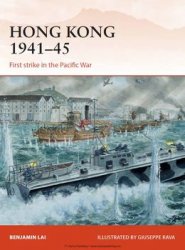Despite Dean Rusk’s fears of suicidal conduct, during the period between the missile crisis and the Helsinki summit, the superpowers avoided direct confrontations where nuclear use was a possibility. During the tense October War, Leonid Brezhnev acted with more restraint than Kissinger by eschewing nuclear readiness measures. During the Vietnam War, when some US officials and scientists studied the possibility of nuclear use, no one saw any military advantage in such action. Some analysts have argued that in the United States a deep-rooted predisposition emerged, a “nuclear taboo” against the military use of nuclear weapons, except in retaliatory circumstances, based on such concerns as adverse international reaction and the disproportionate effects of the weapons. McNamara’s private understandings with Presidents Kennedy and Johnson that the United States would not use nuclear weapons first reflected that inclination. That the Soviet leadership had similar concerns is suggested by the Politburo’s early 1970s decision that military plans should reflect a "no-first-use" doctrine. Although the civilian leaders of the superpowers believed that nuclear weapons were valuable politically and diplomatically, they found them virtually unusable militarily, except for the most unlikely circumstance (response to a first strike). This may have been one of the biggest secrets of the Cold War.142
Widespread public anxiety about nuclear testing led Kennedy and Khrushchev to reach agreement on the Limited Nuclear Test-Ban Treaty (1963). Stopping atmospheric testing by the superpowers, the treaty left them free to test nuclear weapons underground, thus facilitating the development of new weapons, such as MIRVs. While the superpowers negotiated an agreement to ban nuclear weapons from space (1966) and sponsored the Nuclear Non-Proliferation Treaty (1968), arms-control achievements were scarce during the 1960s. Nuclear taboos did not discourage either side from fielding new weapons systems or from searching for nuclear options.143




 World History
World History









